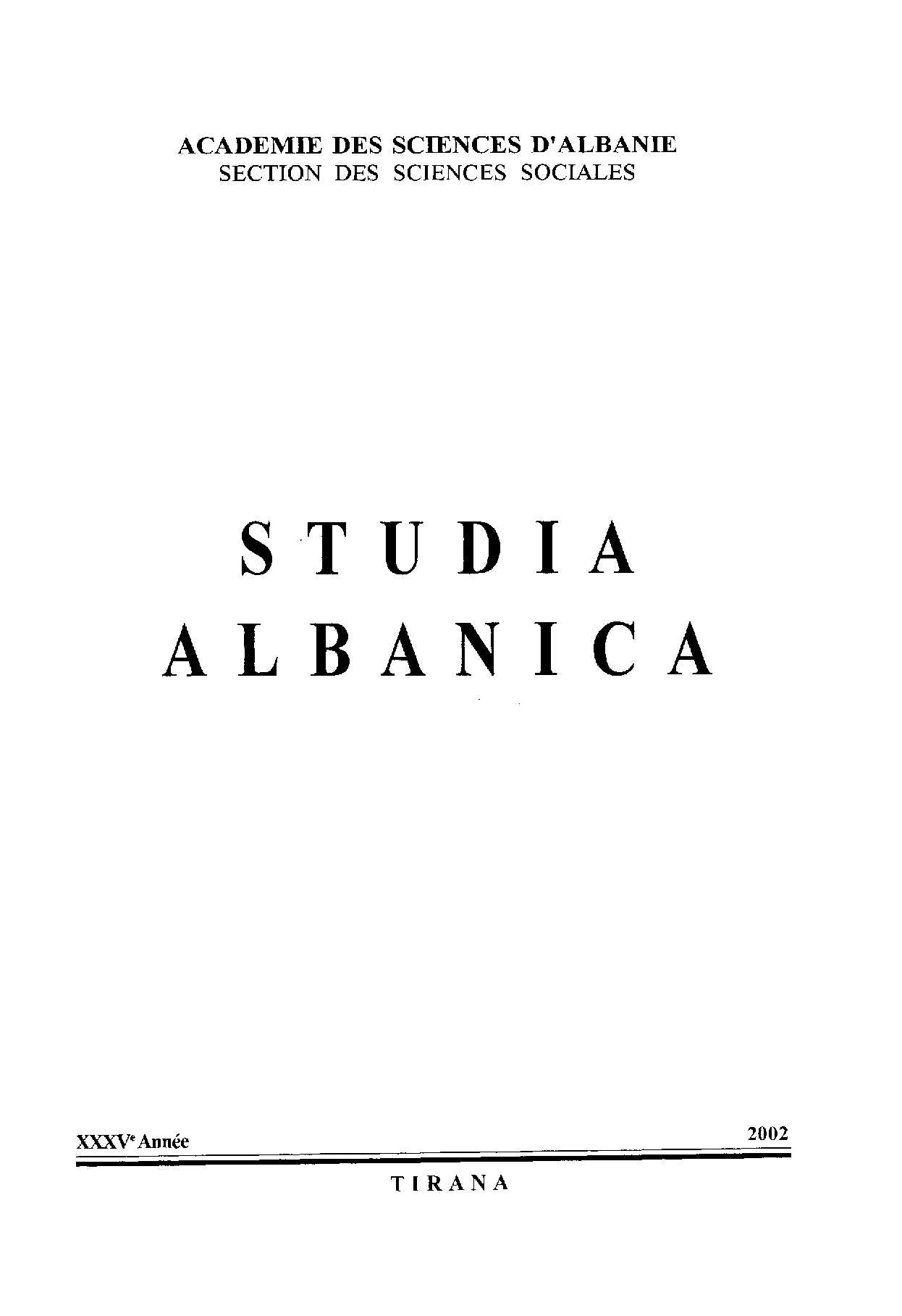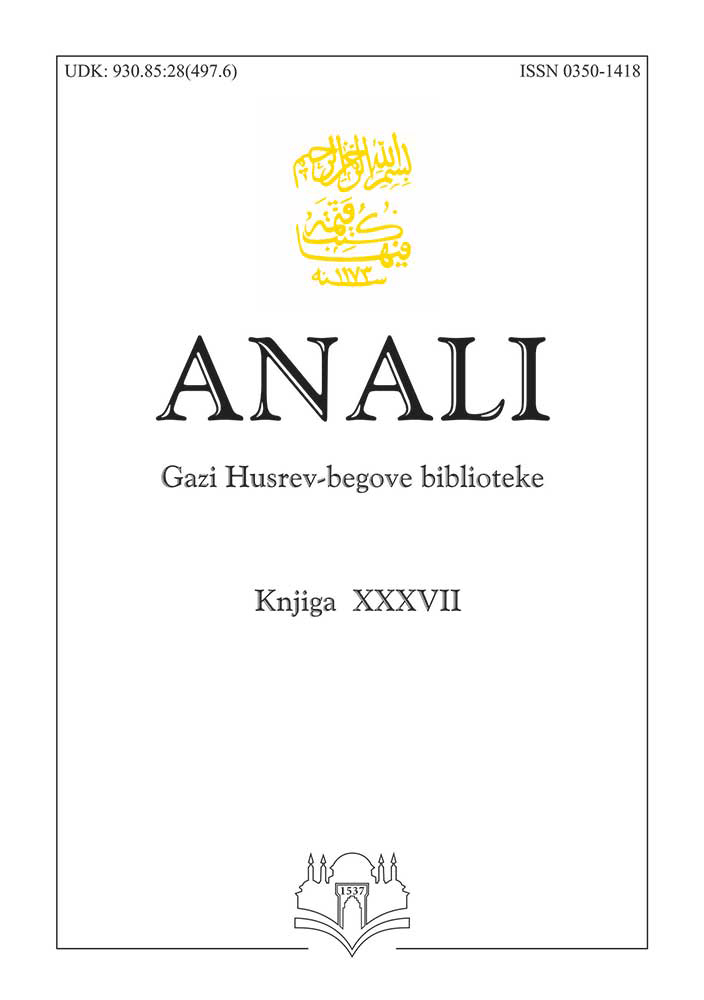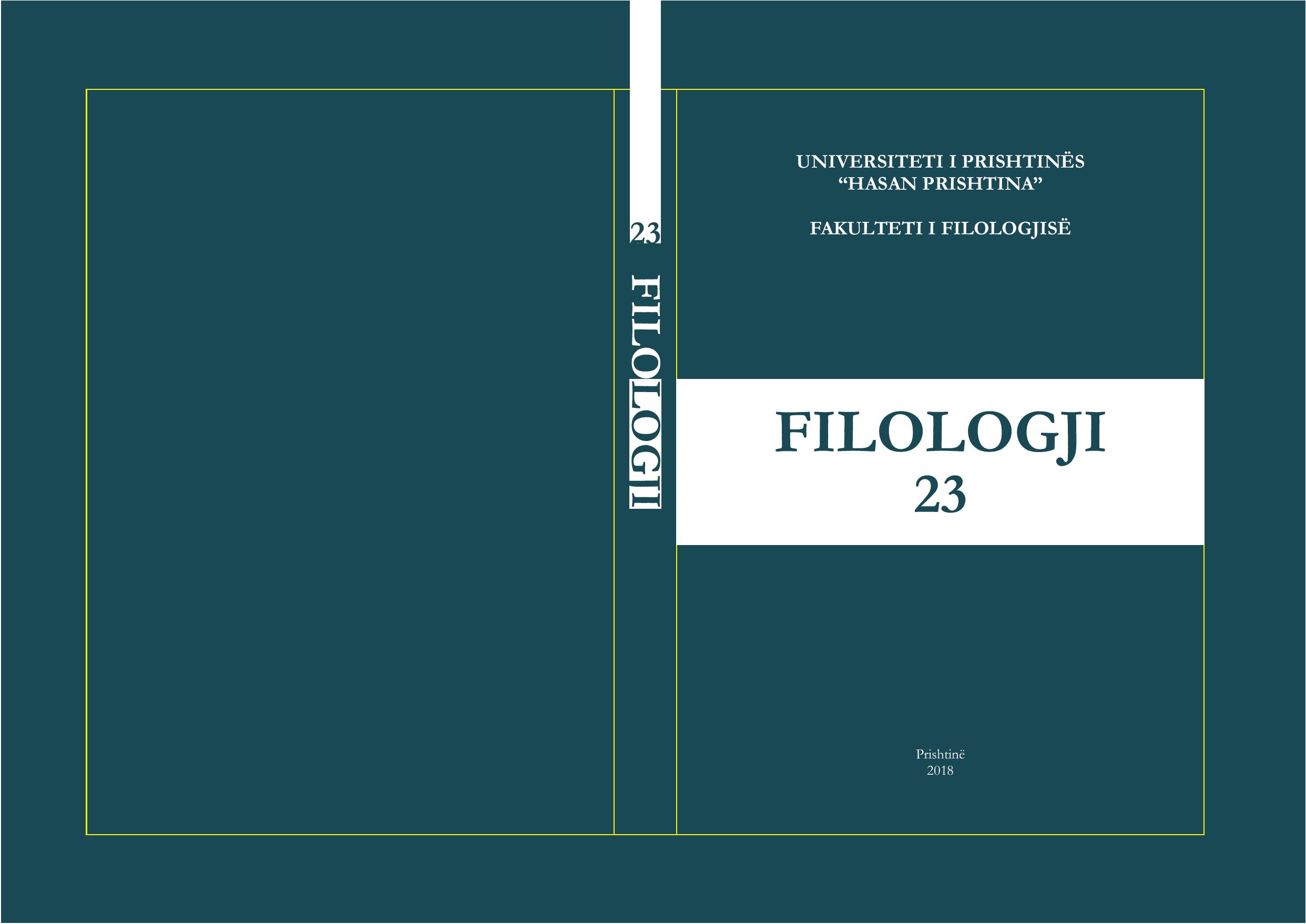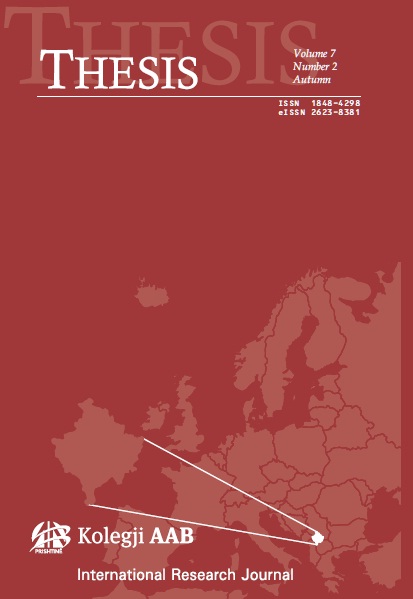Author(s): Agim Vinca / Language(s): Albanian
Issue: 46/2016
Adem Demaçi, is not only prominent political activist, a man who made an era, but also a creator of rare artistic talent. Adem Demaçi, author of dozens of stories and a novel (Gjarpijt e gjakut, 1958), before being jailed (1958), and after release from prison (1990) a writer of the novels: Libër për Vetmohimin (1994) Heli e Mimoza, Nëna Shegë e pesë gocat, Shkrumbnajë e dashuri, Dashuria kuantike e Filanit dhe Alb Prometeu (a cycle of five novels, written during 2007-2012, i.e. before and after the declaration of independence, speaking of the war and after war in Kosovo), of the poem Tung vargu im, the only work in verses, and of historicalpolitical drama Politika dhe pushka, unless he sacrificed his literary talent for the sake of the national cause, he would become a writer of enormous proportions, no matter how hypothetical this might seem, Kosovo’s Kadare. Adem Demaçi had all the prerequisites to become as such: the talent, imagination, observation ability of the vital phenomena, gift to create human characters, rich language, laconic style, deep knowledge of popular phraseology, mastering of the language as a system of expressive means in all its levels, and so on. Adem Demaçi, rather than postmodernist, even though in his work postmodern elements are not lacking, especially in Libër për Vet Mohimin and Dashuria kuantike e Filanit, as a writer he might be called perhaps a postrealist, proponent of a new realism, which the French philosopher Roger Garaudy called “réalisme sans rivages” (realism without shores). Literary work of Adem Demaçi is open to life, to world, to nature, and to society and invites the reader to an open communication, out of schemes and clichés that he cannot withstand.
More...




